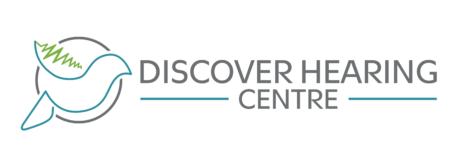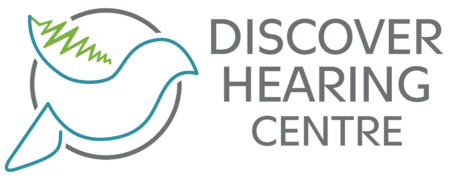Age Related Vestibular Loss (Vertigo)

Suffering from vertigo is an awful thing to deal with. Some people mistake it for just feeling dizzy and light-headed, but it’s much more than that. The vestibular system is the link between our inner ear and our brain. This intricate system is responsible for our ability to balance. More specifically, it gives us the ability to walk over unsteady grounds, and sends a signal to our brain when we are moving that helps us understand the distance traveled and spatial orientation (especially in the dark). As we age, certain aspects of this delicate system may deteriorate, which can lead to severe consequences, such as falls. After the age of 40, the risk of vestibular dysfunction increases by 30%.
When a disease or injury damages this system, you will have a vestibular disorder. Symptoms can affect your balance and cause dizziness. However, it can also cause problems with your hearing and vision. These symptoms (which vary from person to person) can come on without warning and it can take a day or two for the symptoms to disappear completely. Attacks can happen in clusters, several times in a week or may happen more sporadically.
This age-related decline has a major impact on our health care resources, as well as increases the risks of morbidity and mortality in the elderly. Falls account for over 50% of all accidental deaths in the elderly. The cost associated with treating non-fatal patients after a fall puts a stress on our healthcare system. While broken bones from falling can lead to a loss of independence, the loss of life is the greatest risk these patients face. Older adults with vestibular impairment are at a significantly greater risk of falls at 80%.
Symptoms of Vertigo
- Distorted Balance – The primary symptom of vertigo is the feeling that the room is spinning. It feels like you are tilted or swaying, and that they are being pulled in one direction. The dizzy spells come and go and last about 20 seconds.
- Tinnitus/ pressure in ears- Some patients complain of ringing, pinging or whooshing in the ears after an attack. Fullness in the ears is also a common complaint.
- Ataxic Gait- Due to the distorted balance, it can make it difficult to walk in a straight line or even turn. During an episode, people often look down when they walk so they know where the ground is.
- Hearing Loss- If the vertigo is related to Meniere’s disease, patients can experience hearing loss in one ear. As time passes it can worsen and cause complete deafness in one ear.
- Fatigue – Most people find the unbalanced, dizzy feeling to be exhausting. Also, not knowing when an attack will happen can be extremely stressful.
- Migraine Headaches- due to the unbalanced feeling, pressure build up of fluid and calcium many people complain of severe migraine headaches.
- Twitching Eyes- This is due to the fatigue and stress associated with an episode.
- Nausea /Vomiting – attributed to the spinning/ dizzy feeling can cause you to become sick
Common Causes
The most common disease affecting this system is called Benign Paroxysmal Positional Vertigo (BPPV). This disease gives you the unexpected feeling that you are spinning or swaying. This happens due to tiny calcium crystals moving to your ear canals- where they don’t belong. When these crystals move, it tells your brain you are moving, even though you’re really not. This condition can be treated with specific head movements that a doctor would guide you through. These movements put the crystals back where they are supposed to be.
Another cause of vertigo is Meniere’s disease. Meniere’s diseases is a disease of the inner ear that can lead to dizziness and hearing loss. It is caused by a fluid imbalance in the inner ear, and includes bouts of vertigo combined with hearing loss and ringing in a single ear.
The other common cause is vestibular neuritis, which is a viral infection of the inner ear nerves. This nerves carries information to the brain about head position and balance. As a result, symptoms of vertigo are present.
How to Ease a Vertigo Attack:
- Sit down as soon as you feel dizzy
- Lie down in a quiet dark room to relieve some of the spinning feeling or migraine symptoms
- Use a walking aid if you’re at risk of falling (older population)
- If you get up at night, turn on the lights
- Move your head slowly during daily activities
- Avoid using caffeine, alcohol, salt and tobacco
- See a healthcare professional- sometimes vertigo/ dizziness can be treated with an antibiotic or by performing specific head movements
The symptoms of vertigo are experienced differently from person to person, especially depending on what is causing it. The elderly are at the greatest risk of falling and causing serious harm to themselves due to the balance issues vertigo causes. When symptoms arise, it is important to sit down to avoid injury and most specifically, death due to a fall. Speak to your health care provider or hearing specialist for treatment options associated with vestibular loss.
5 Early Signs of Hearing Loss
The Importance of Regular Hearing Tests & Screenings
6 Benefits of Treating Hearing Loss
Have Questions?
Call our office if you have any questions about your hearing loss or anything else related to hearing. We are happy to help and answer any questions you may have.





